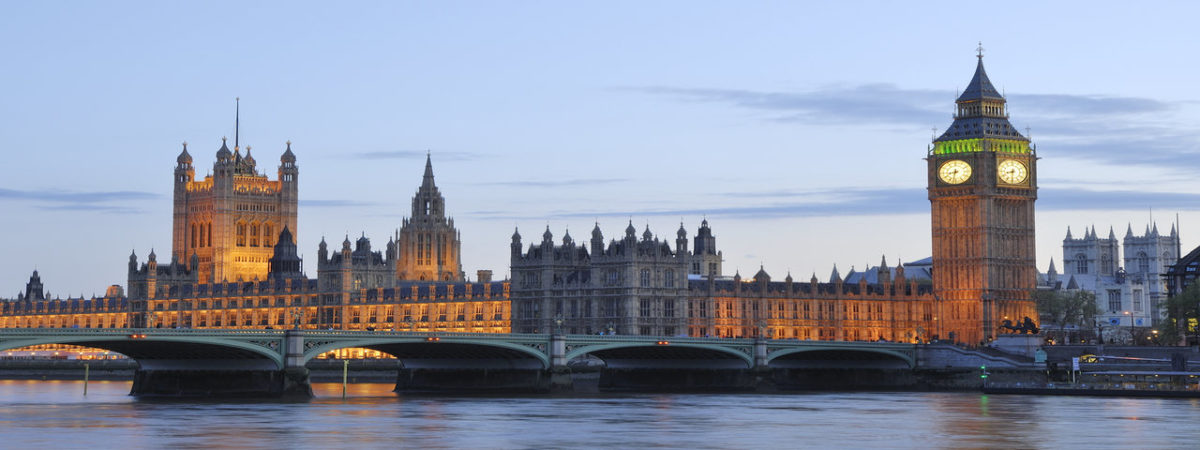Why holiday prices shouldn’t be capped during school breaks
SUGGESTED



Demands for a limit on the premium that travel firms can charge for holidays during school breaks are a timely example. They also illustrate why, more often than not, intervention would only make the supposed problem worse.
The UK Supreme Court recently confirmed that parents can be fined for taking children on holiday during term time without the permission of their school. This is a consequence of a public policy choice (whether others might agree or not) which has been taken in the interests of the education of the child.
However, flights and hotels are generally much more expensive outside term times. This had led to accusations that travel firms are ‘exploiting’ responsible law-abiding families, and prompted calls for a cap on how much extra they can charge for trips during school holidays. Indeed, this is a topic on which even Labour and the Lib Dems have found common ground with the right-wing press.
These responses are muddled at many levels. For a start, travel firms are simply responding to seasonal fluctuations in demand in the same way as the provider of any other good or service would. Companies are not being ‘greedy’ when they set prices that reflect market conditions.
Of course, some would still argue that this amounts to ‘profiteering’ (‘profit’ itself being a dirty word to many). But let’s dig a little further into the economics.
The potential supply of holidays is pretty constant over time – there are only a certain number of aeroplane seats, hotel rooms, and so on. It is therefore impossible to magic up a large amount of additional capacity to meet increased demand during school holidays. Instead, it makes sense to allow prices to take the strain – rising when potential demand is high and falling when it is low.
This means that companies may actually be making losses at off-peak times, but some income during these periods is still better than none. Suppose, though, that the government imposes a cap on the premium that travel firms could charge during peak periods. This would have two (presumably) unintended consequences.
First, it would reduce the number of holidays on offer. This is because, without the higher prices paid during peak periods, there would not be enough total revenue to cover costs throughout the year. Some might argue that firms could simply even out their charges over the year to make up the shortfall. But off-peak prices are presumably already set at the highest level that the market will bear.
Nor is there any evidence that travel firms are making excessive profits that could be used to subsidise holidays during school breaks. The industry is highly competitive and many companies are surviving only on wafer-thin margins.
The second consequence of a cap on prices during school breaks would be that some new way would have to be found to decide who can take the smaller number of holidays available at times of peak demand. At the moment, prices adjust to balance demand and supply. Without this mechanism, holidays might have to be allocated on a first-come-first-served basis – or perhaps a raffle?
These non-market solutions might appeal to some, but would surely be clumsy and inefficient. It would also be necessary to prevent the reselling of holiday packages to those able and willing to pay the higher prices that prevailed before, or else the only winners from the cap might be a new breed of ‘touts’. All very messy.
The upshot is that price caps are not the answer. To the extent that there is a problem, one solution might be to allow more flexibility on the timing of holidays. For example, schools in different parts of the country could be encouraged to vary their term times by a week or two to spread demand (in the same way as the staggering of the start and finish of working days can reduce rush-hour congestion).
But higher prices for holidays taken during school breaks are simply the least-bad way to manage seasonal fluctuations in demand that happen to be due to a public policy choice. What they are not is a ‘rip-off’ that offsetting government intervention can easily fix.
This article was first published on Conservative Home.
Recommended reading: ‘Flaws and ceilings: Price controls and the damage they cause‘.




